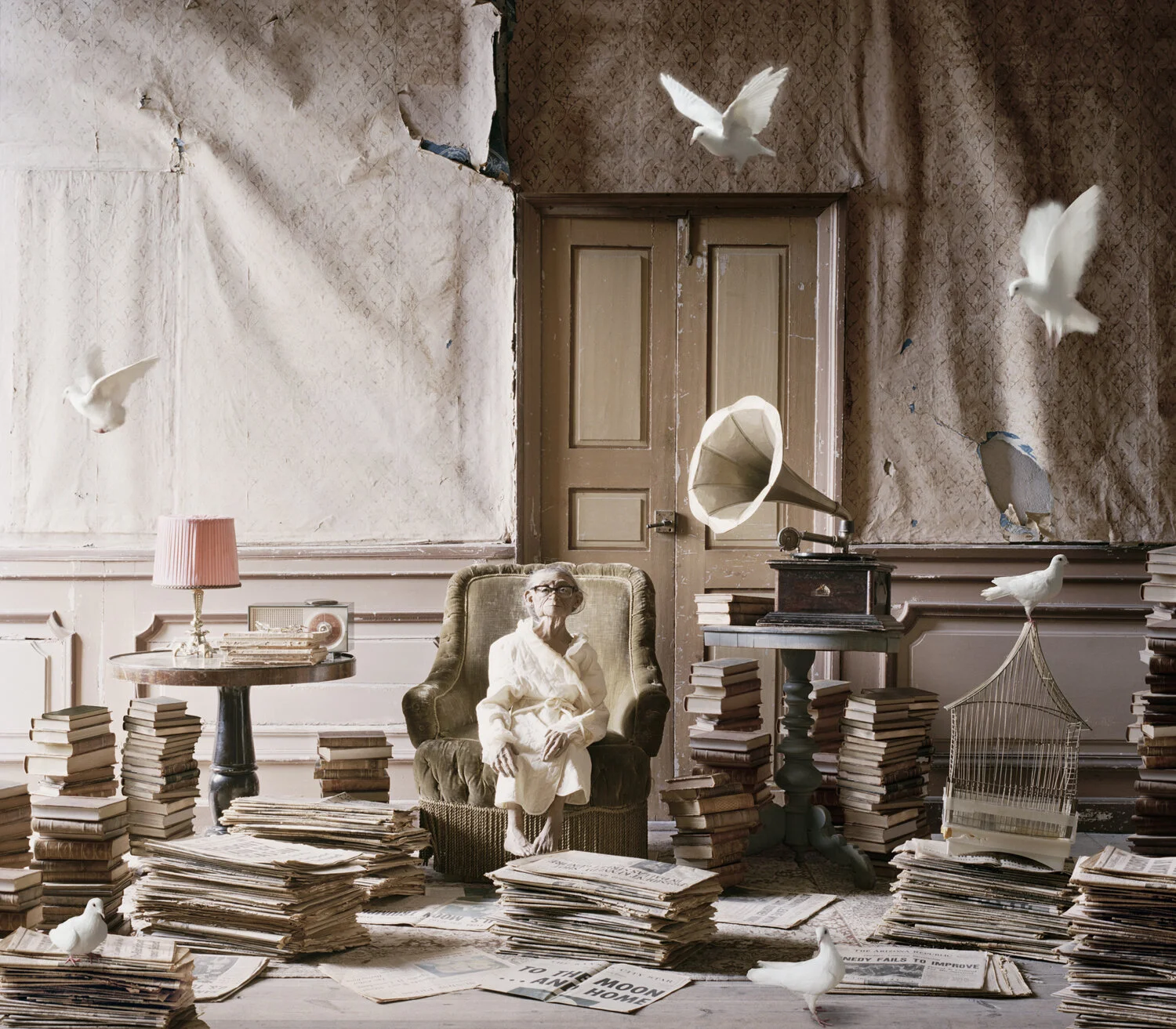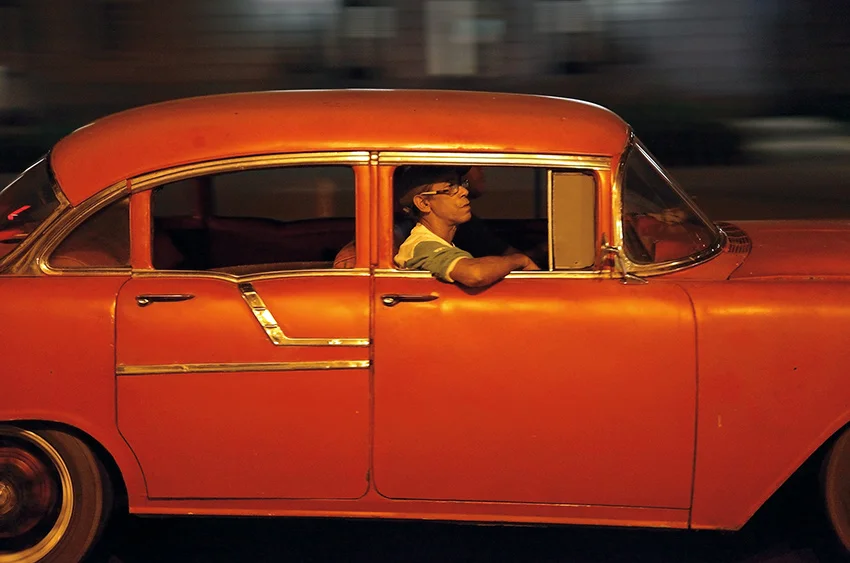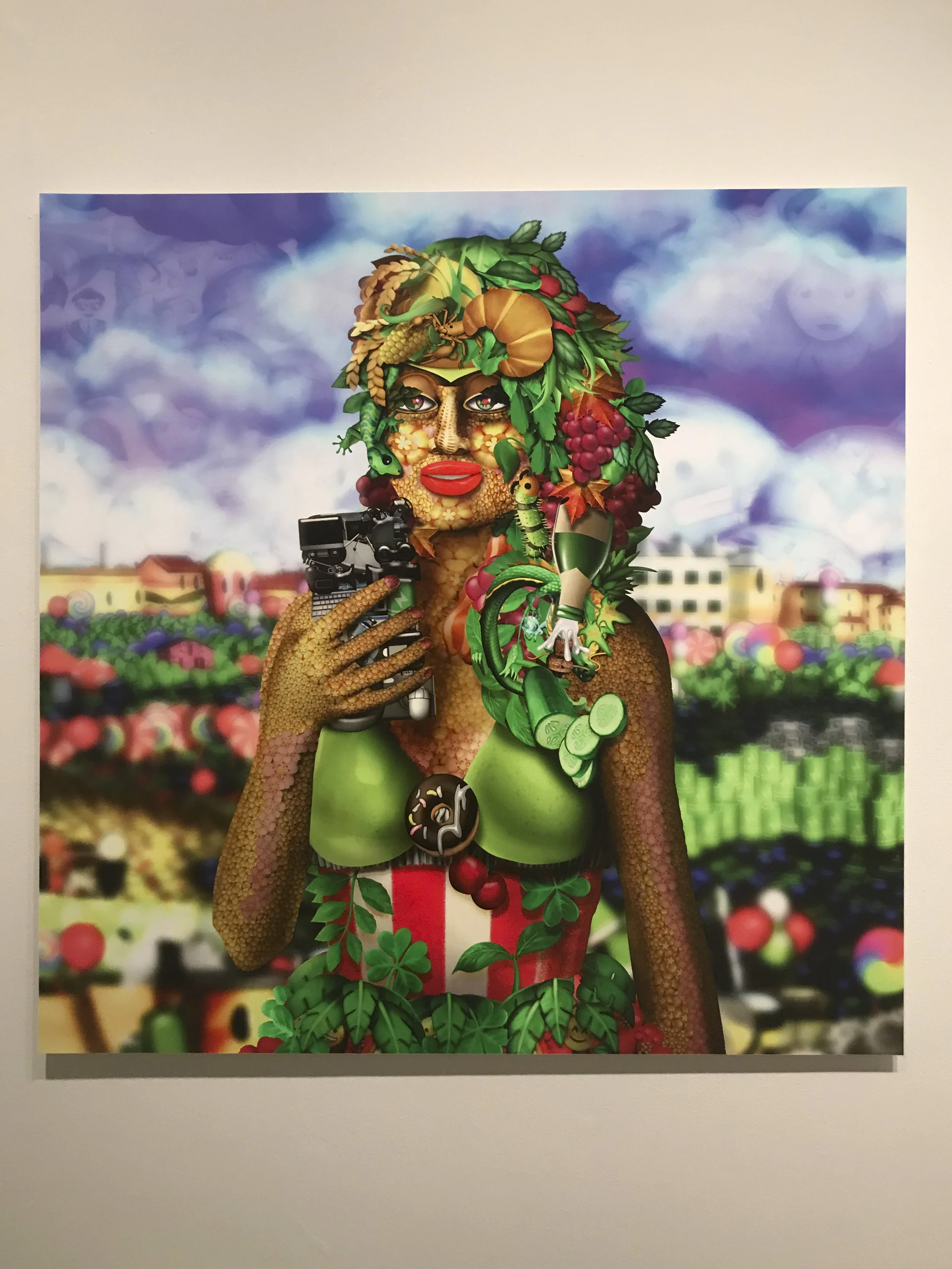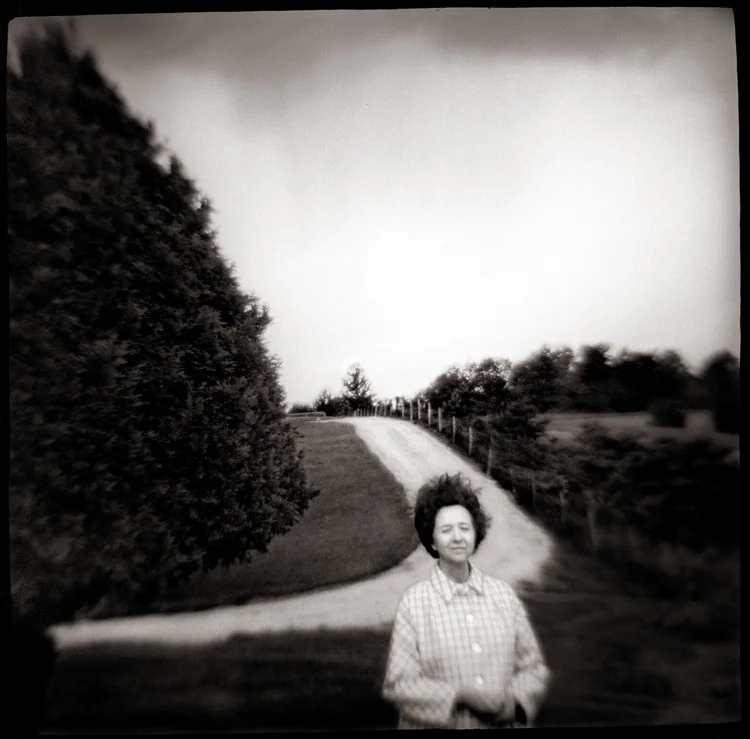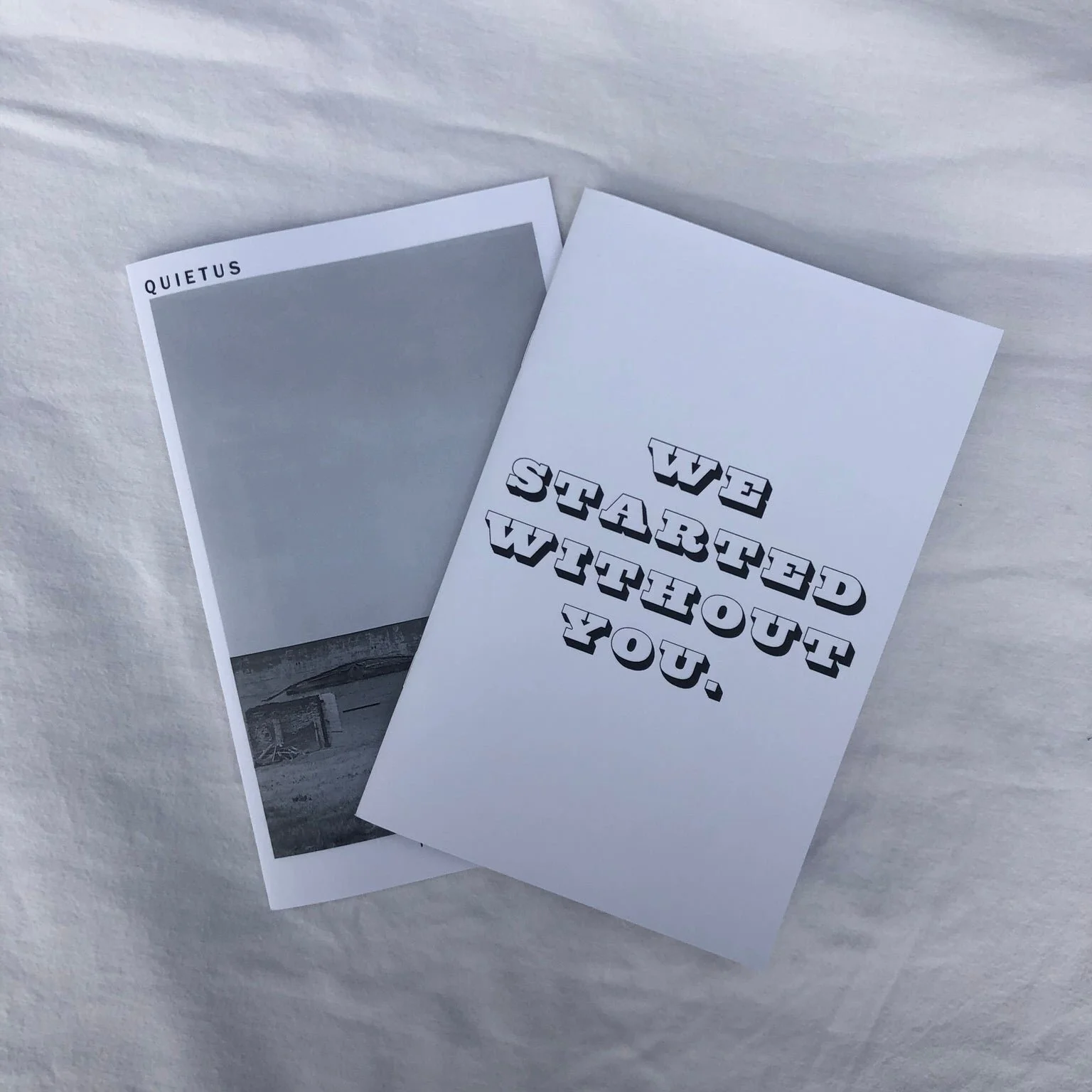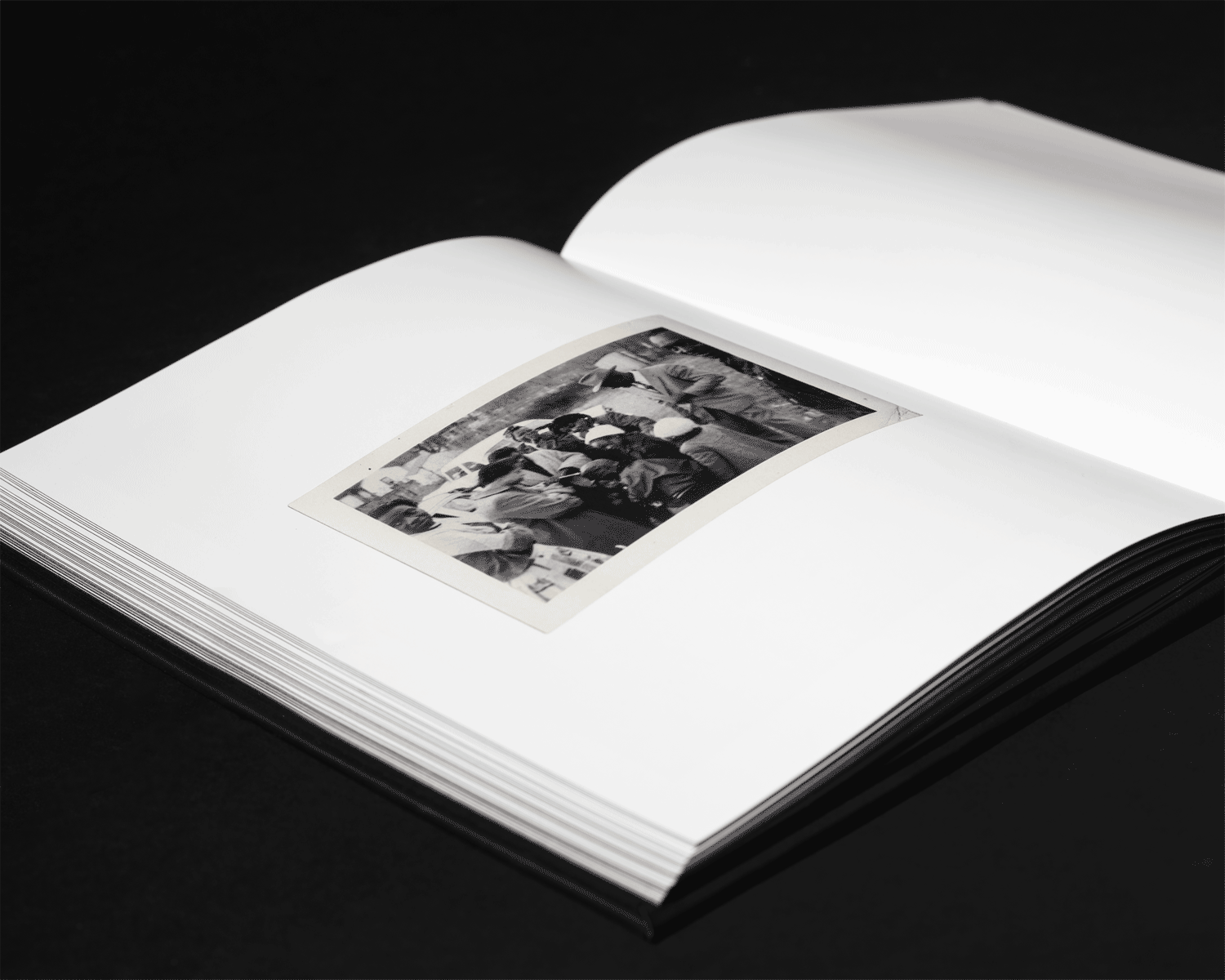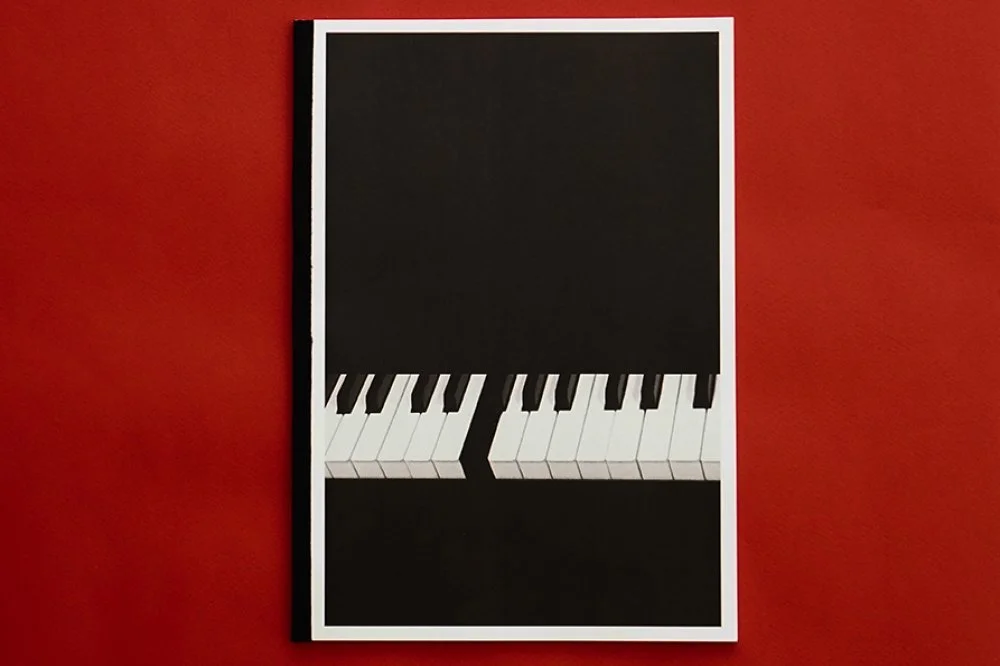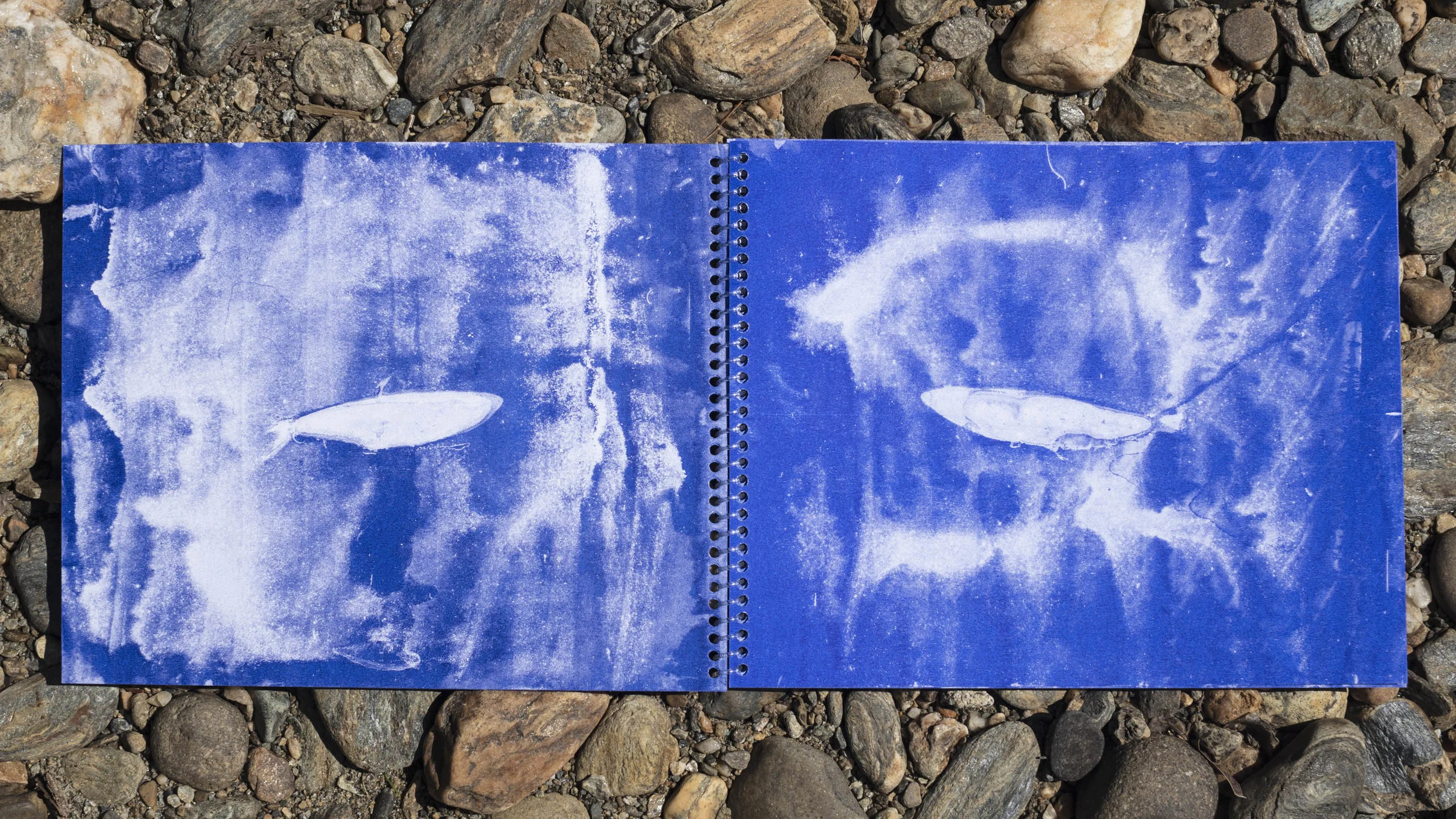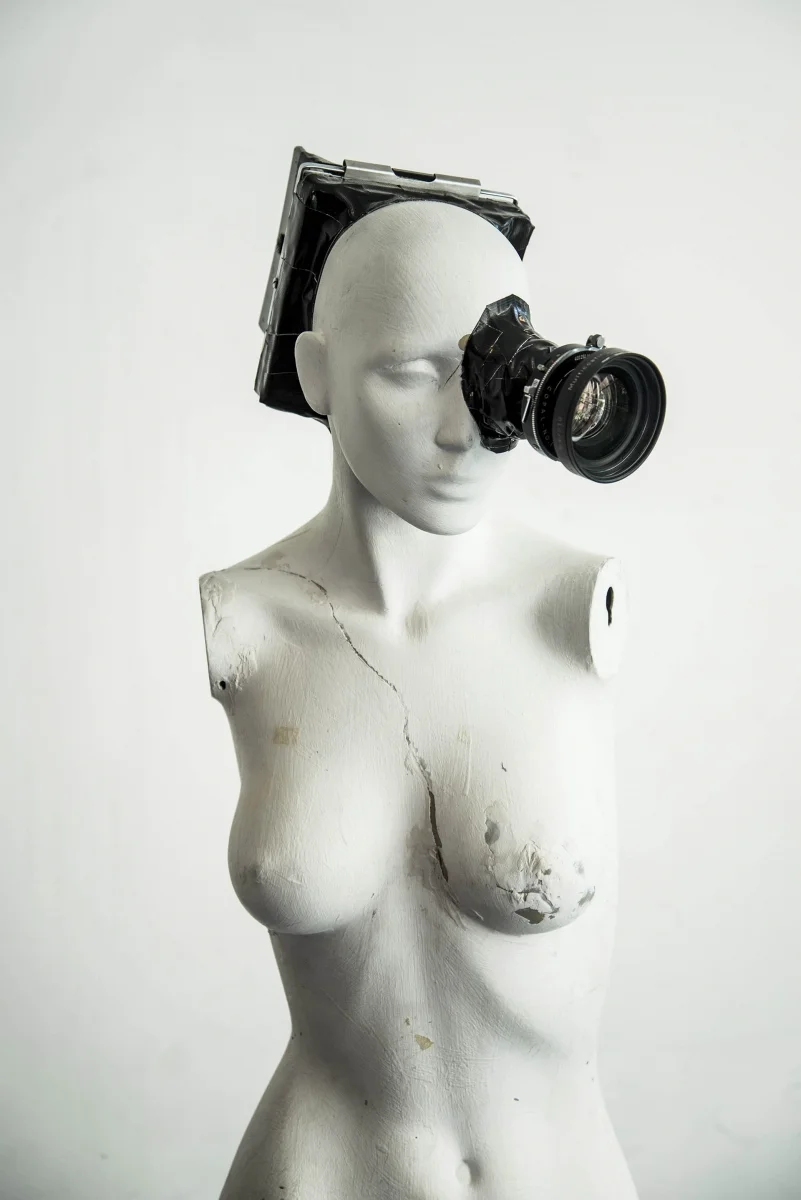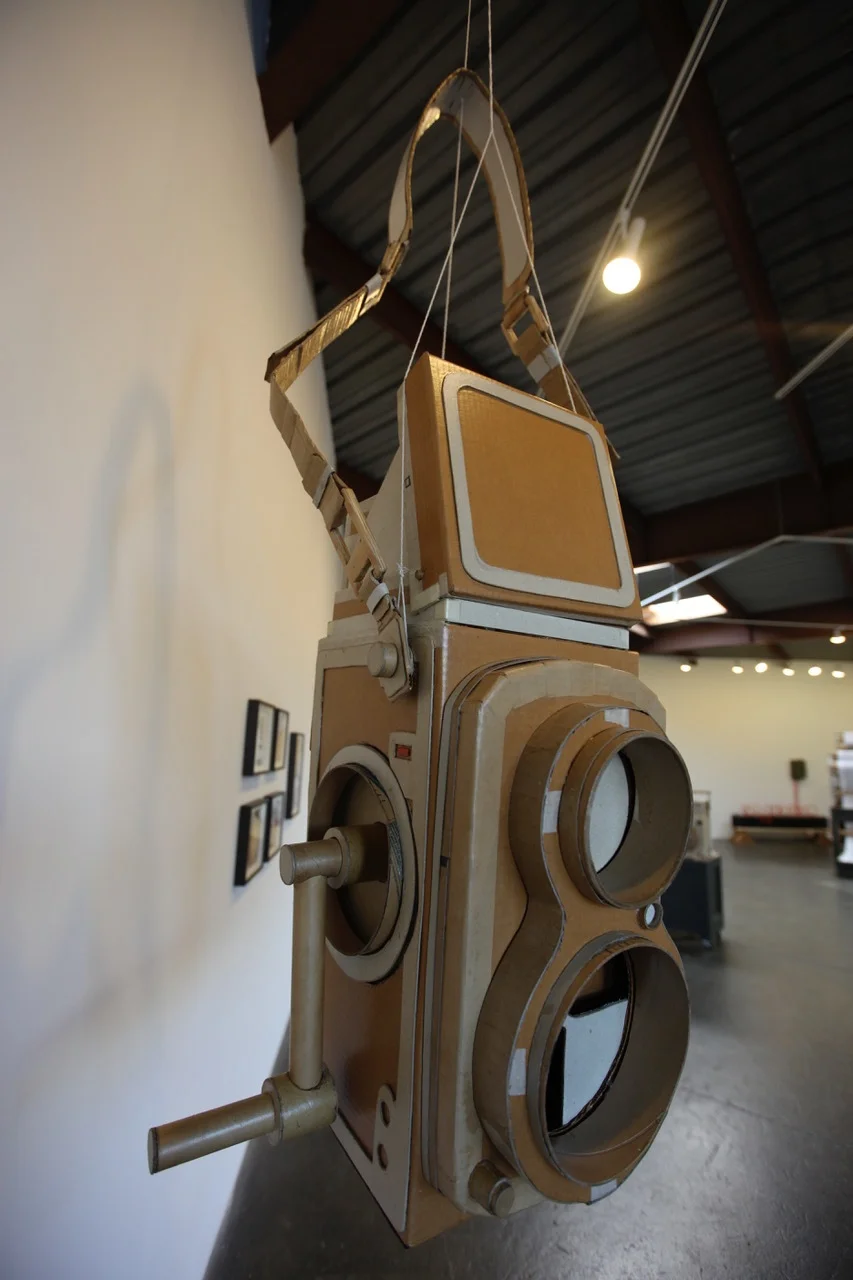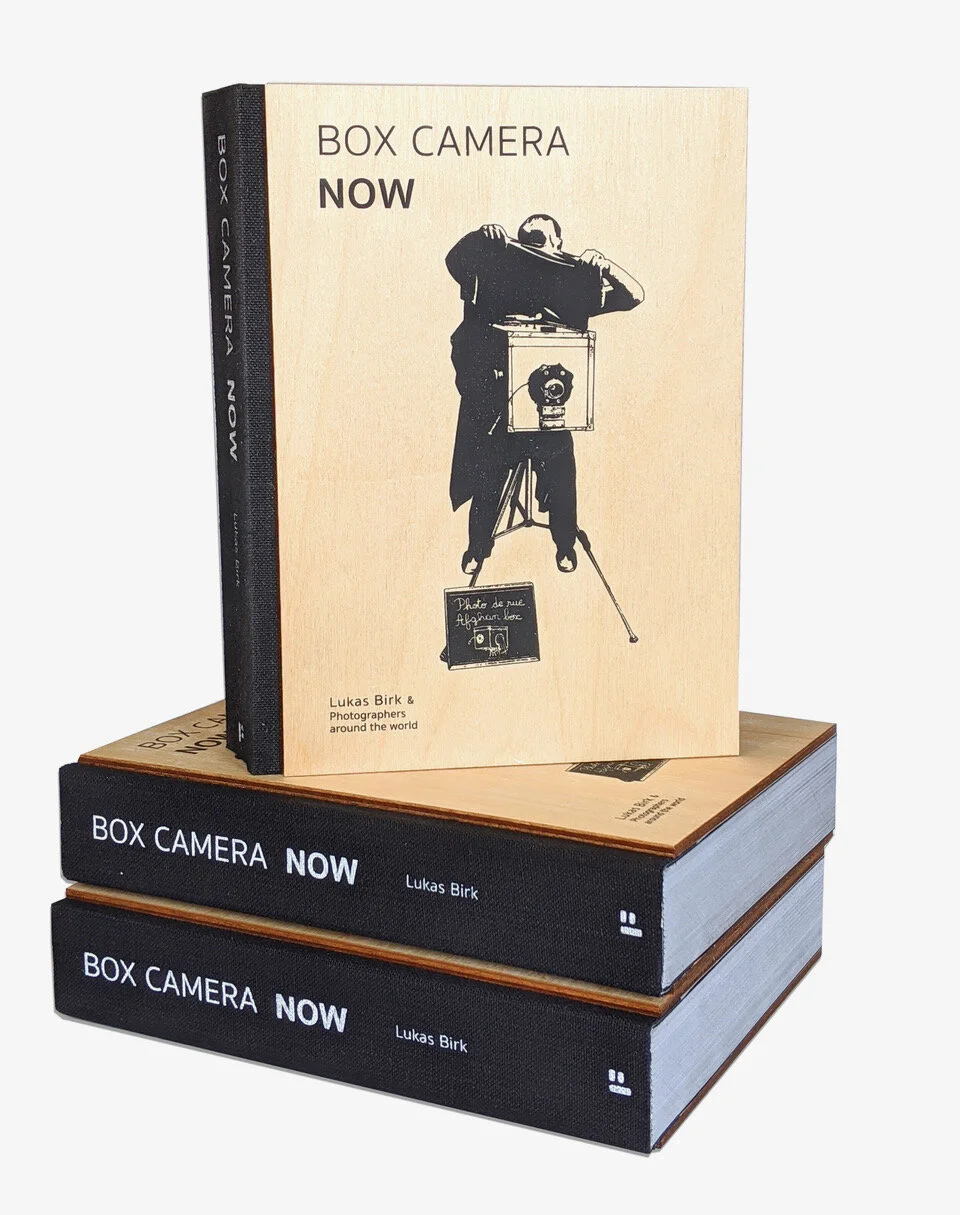This series focuses on those who take the making of pictures a step or two further, creating their own photographic tools.
Zev Hoover's large format video camera
Zev Hoover, Natick, MA
Zev Hoover had been searching for a way to simulate the look of large format photography in his video work when he looked through the ground glass of his brother’s medium format camera and thought, “why not just capture that?” Using the bellows and lens board of an 8x10 view camera and mounting it to a video slider, the rig’s Ukrainian large format lens projects onto a matte white screen where the film holders would normally reside.
Large format “reimaging” rigs have been made before—notably by Gonzalo Ezcurra—but they project onto a ground glass and record the image from behind, instead of reflecting the image off a diffuse surface. “While this method works,” Hoover explains, “it has some flaws.” A ground glass is not a truly perfect diffusing filter, leaving a hotspot at the center of the image and usually, some grain pattern as well. Placing a longer lens on the camera can reduce this imperfection, but the camera itself becomes more unwieldy to handle.
Hoover’s camera works by projecting an image from a large format lens onto an 8 x 10 matte white screen. The project image on the screen is then captured with an off-axis camera with a wide-angle lens. Since the image is bounced off a screen instead of going through a ground glass, Hoover’s camera is half the size of other designs allowing for shoulder mounting and easier maneuverability. The matte screen also significantly reduces the hotspot issue.
The resulting videos are stunningly beautiful, rendering motion that is soft, yet clear with wonderful depth of field. Watch the video below for an example followed by a walk-through of the camera’s design.
View more of Hoover’s work on his website.
Have you made or modified your own photographic equipment? Let us know at info@donttakepictures.com






































